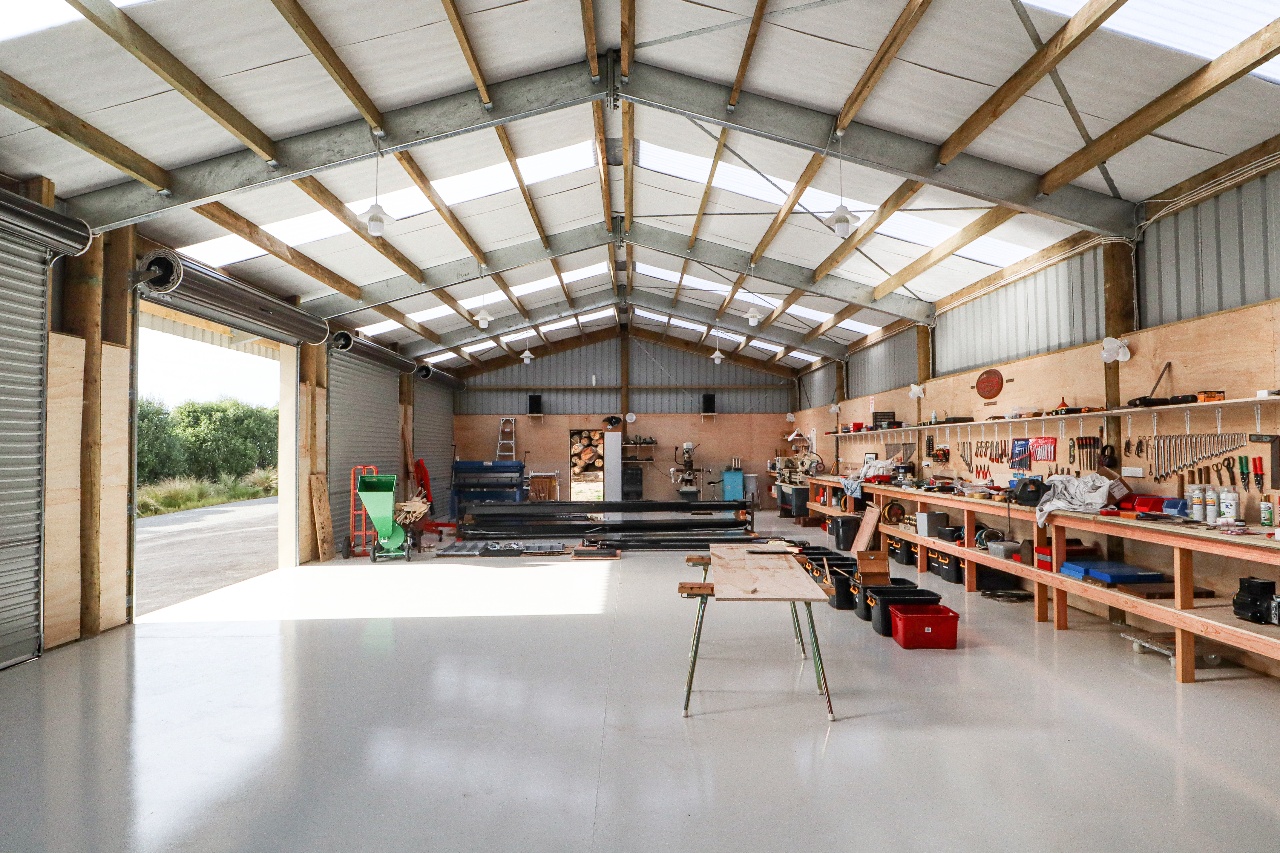Like any project, the first thing you will want to know is, “how much is it going to cost?” When researching which shed provider to go with, there is the obvious cost of the kitset. However, there ...
September 21st, 2022
/ Updated: December 9, 2025
4 min read

 Like any project, the first thing you will want to know is, “how much is it going to cost?” When researching which shed provider to go with, there is the obvious cost of the kitset. However, there are a few extra costs that need to be factored into your project.
Like any project, the first thing you will want to know is, “how much is it going to cost?” When researching which shed provider to go with, there is the obvious cost of the kitset. However, there are a few extra costs that need to be factored into your project. This is an area that is often overlooked, but it is worth putting some thought into your workshop bench to ensure maximum strength and stability. Some can be as simple as plywood on a sturdy base however, some can incorporate shelves and draws, which add to the complexity and cost of the design. We recommend working with your builder to determine the best design for you.
This is an area that is often overlooked, but it is worth putting some thought into your workshop bench to ensure maximum strength and stability. Some can be as simple as plywood on a sturdy base however, some can incorporate shelves and draws, which add to the complexity and cost of the design. We recommend working with your builder to determine the best design for you.


